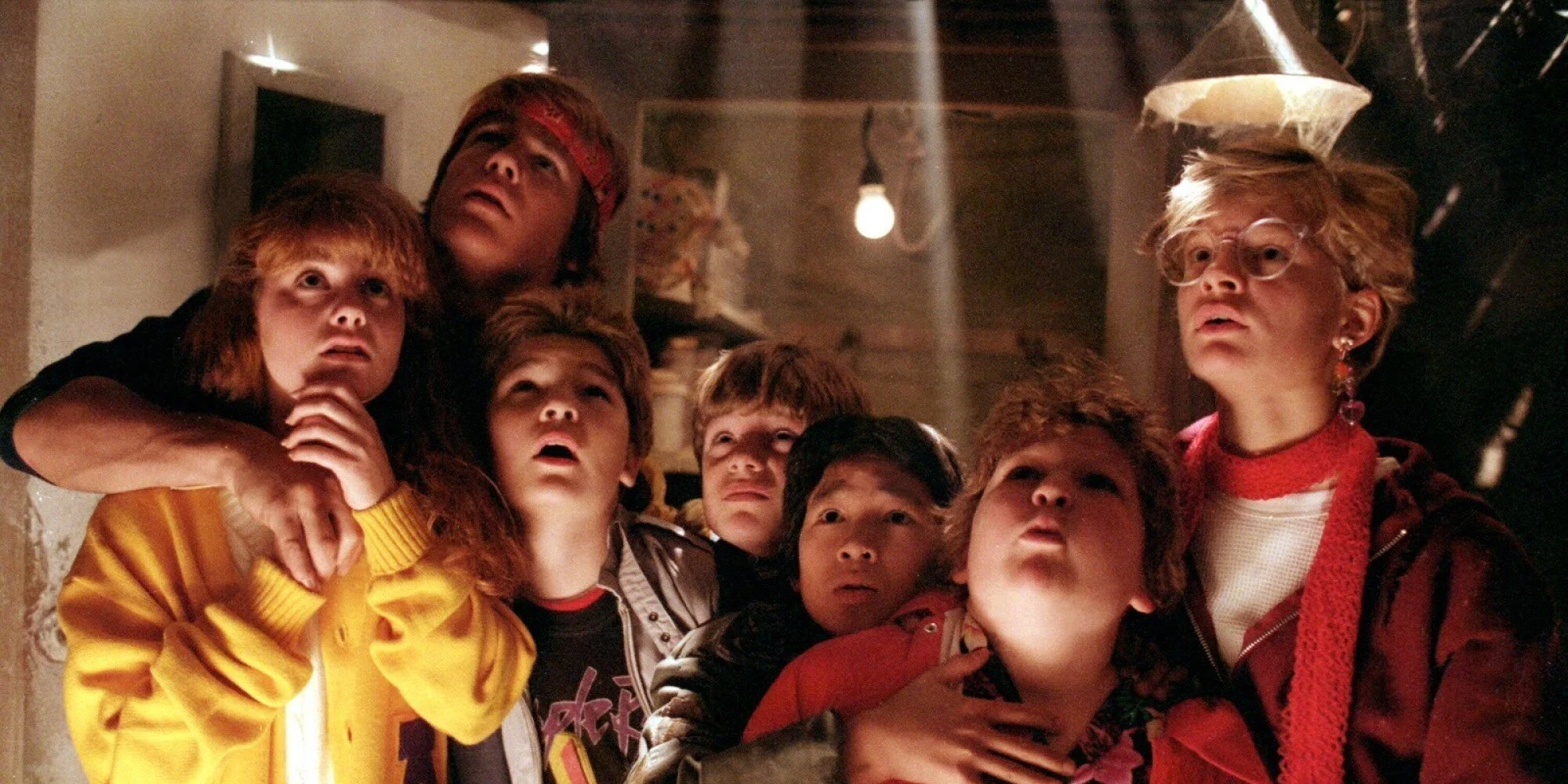Keywords: The Jester, The Joker, The Clown, The Fox, The Trickster, The Prankster, Comedian, The Fool Examples: Ken Kesey and the Band of Merry Pranksters, Trevor Noah the Comedian, The Joker from Batman, Beetlejuice
Have you ever been to a comedy show and felt the room fill with contagious laughter, leaving some folks moved so much they are in tears? This is the power of the Jester Archetype. While many may write off the Jester as a fool, this is a grave mistake. They are masters of unveiling the deepest, darkest corners of the collective unconscious through their gestures.
The Jester is an artisan of the shadow, showing us what needs to be explored and healed. They command the stage, allowing their audience to release frustration, anger, snap out of depression, and enjoy the present moment. In this place of vulnerability, they plant seeds of awareness that the thinking mind does not automatically reject because it is all in fun, right?
But the Jester is not just a comedian. They also utilize their gifts to call out injustice and hypocrisy and equal the playing field between the haves and have nots. They say all the things that no one else will on a public stage. The Jester is comfortable balancing both peace and chaos and is on a mission to live a carefree, blithe existence.
The Jester archetype is not here to solve the world's problems. Instead, they bring light to the situations at hand. They fear being formal, secretive, and dodge questions about their past. They may even use their gifts as a shield and a weapon to ensure no one entrenches on their personal territory. The Jester is keen to stay in the present and not worry about the past or the future.
However, the shadow of the Jester is as deep as the collective unconscious and can become dark and uncomfortable to be around. When the shadow is expressed in the Jester, they might get caught up in addiction, be manic, perverted, and exhibit poor impulse control. This is definitely not someone anyone wants to be around, for example, The Joker from Batman.
But when we understand what the Jester has to offer, we will hear their words in a new way. When they fall into darkness, we will appreciate that their shadow is our shadow. It is at this point that we must take on the mantle of responsibility and find solutions to the positions they bring up because they, for sure, will not champion the cause.
I once caught a bus ride with the original Band of Merry Pranksters. It was for the debut of “The Going Further Documentary.” Many synchronicities made me say yes to this ride. Running the show that night was George Walker, who shared many stories from the Merry Pranksters. Our first stop of the night was at Haight and Ashbury at 8 pm. Then we rode down the San Francisco Great Highway, onto the freeway. We eventually reached the town of La Honda, the origin of this iconic group from the 1960s. We toured the home used to brainstorm the great 1960s adventure and then watched the documentary.
There were many lessons that night, but one that sticks out was when the electricity went out on the bus. We lost our headlights and were like a ghost-ship. There were 30 of us on the bus, and we had to drive the hazy, crooked road of Highway 92 E and even more, foggy Highway 101 N back to San Francisco at 5 am the next morning. There was a lot of chaos on that bus, but it was also very calm at the same time. The paradox of the prankster is that they love to stir up the pot.
We who were taking charge would ask everyone to please settle down and remain quiet, but then they would break into laughter and chatter—back and forth, side to side. It was like trying to calm down a group of hyperactive kids on a sugar rush.
After a few failed attempts at getting their attention, we realized that we needed to change our approach. Instead of trying to force them to be quiet, we decided to join in on the fun. We started cracking jokes and making silly faces, and soon enough, the entire group was laughing along with us.
It was amazing to see how quickly the atmosphere changed. What was once a tense and stressful situation had turned into a lighthearted and enjoyable experience. We were all in this together, and we were determined to make the best of it.
As we worked together to complete the task at hand, we continued to laugh and joke around. It wasn't just about getting the job done anymore—it was about building a sense of community and camaraderie.
In the end, we were successful in our mission, and the experience taught us an important lesson. Sometimes, the best way to lead is not by commanding or demanding, but by joining in and leading by example. By showing that we were willing to let loose and have fun, we were able to inspire others to do the same, and together we achieved something great.
Contemplation:
Have you found laughter to be therapeutic in your life?
Which comedians do you enjoy watching the most, and have any of their jokes or insights made you reflect on deeper issues?
Until next time, stay curious, my dear friend.












